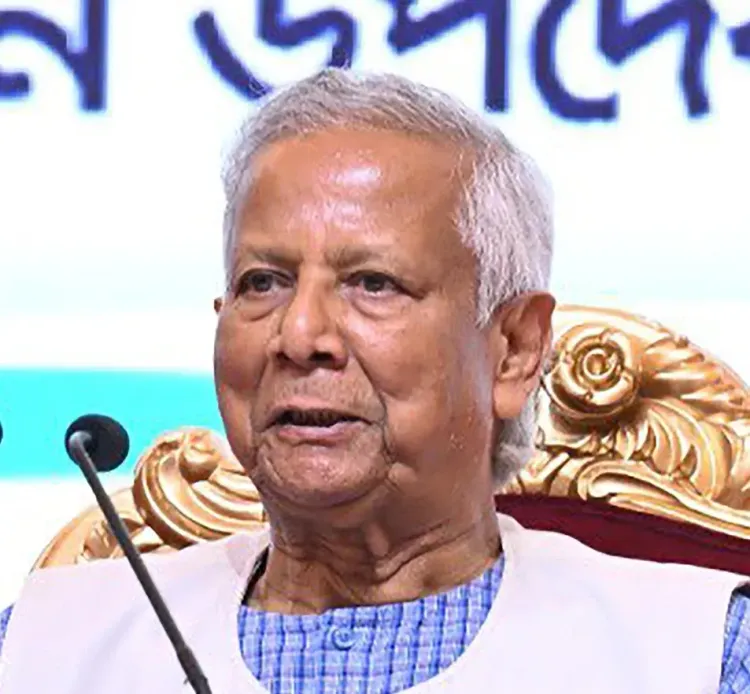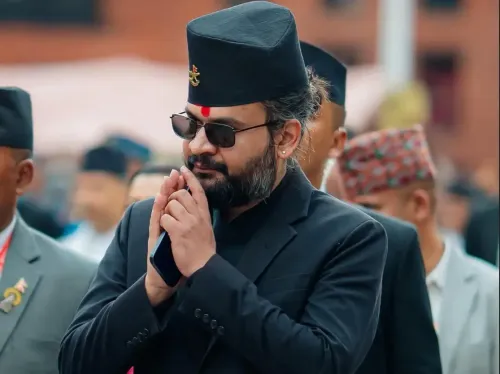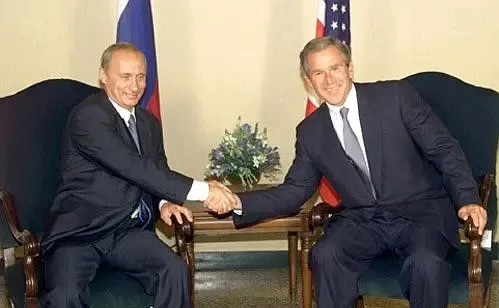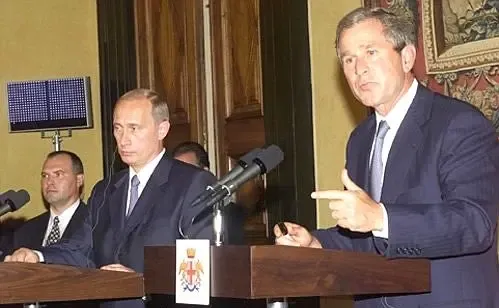Has Bangladesh Set an October 15 Deadline for Investigating Last Year’s Killings?

Synopsis
Key Takeaways
- October 15 marks the deadline for the tribunal's investigations.
- A total of 45 individuals are implicated in the cases.
- High-profile politicians from the Sheikh Hasina administration are among the accused.
- Violence erupted during protests demanding the abolition of a controversial quota system.
- Public interest in the case remains high as it may influence future governance.
Dhaka, July 20 (NationPress) The International Crimes Tribunal (ICT) of Bangladesh has mandated that the investigations into seven distinct cases related to the violent events of July and August last year must be concluded within a three-month timeframe, establishing October 15 as the final date.
These cases arise from the turmoil during the anti-discrimination student protests and implicate 45 individuals as defendants.
Included among the accused are notable political figures from the previous Sheikh Hasina administration, such as former law minister Anisul Huq, former education minister Dipu Moni, ex-advisor on private industry Salman F Rahman, and former state minister Zunaid Ahmed Palak.
This directive was issued during a session on Saturday, presided over by ICT Chairman Justice Md Golam Mortuza Majumder.
Chief Prosecutor Mohammad Tajul Islam made a request for an extension, which the tribunal granted.
As reported by the leading daily Dhaka Tribune, on the same day, 39 of the accused, including several prominent former ministers, appeared before the court in relation to the seven ongoing investigations.
In December of the previous year, the tribunal had ordered the commencement of investigations into two cases involving 46 individuals, including former Prime Minister Sheikh Hasina.
The recent order broadens the inquiry to encompass a total of seven cases. These matters are rooted in the significant violence that erupted across Bangladesh during the anti-discrimination student movement last year.
What began as a demand for quota reforms evolved into a broader movement aimed at governmental change.
Intense confrontations reportedly occurred when demonstrators participating in a non-cooperation strategy to demand the government's resignation faced backlash from supporters of the government. Protesters subsequently rejected Prime Minister Sheikh Hasina's proposal for dialogue to ease the unrest.
Reports indicate that over 200 individuals lost their lives in violent confrontations between the police and mainly student demonstrators last July and August, who were advocating for the abolition of the contentious quota system that allocates 30 percent of government jobs to relatives of veterans from the 1971 War of Independence.










